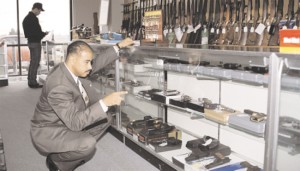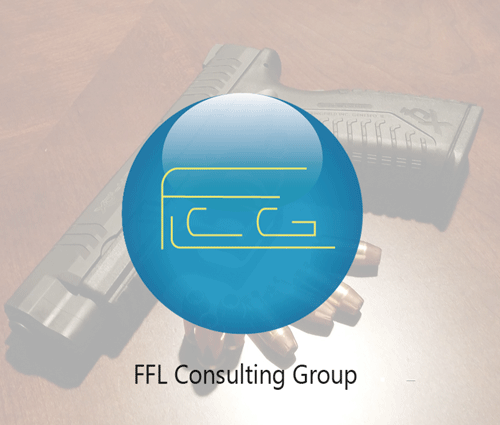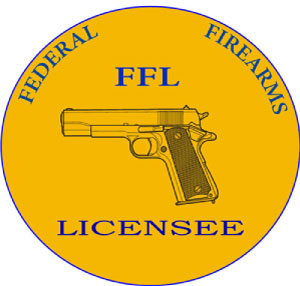What’s the proper way to transfer a firearm to a corporate officer of an incorporated FFL?
The Gun Control Act (CGA) defines the term “person” to include “…any individual, corporation…” etc.
FFLs are sometimes under the impression that persons who are corporate officers need not fill out the ATF Form 4473 because they’re usually a Responsible Person and have been cleared by ATF. This assumption is wrong, and ATF Officers will issue a violation of failure to execute the ATF Form 4473 (27 CFR § 478.124(a)) if it’s discovered during a compliance inspection or otherwise. This violation is considered a public safety violation by ATF.
FFLs who have structured their business as a corporation, must execute the ATF Form 4473 when transferring firearms to any non-licensee corporate officer in the same manner that the ATF Form 4473 would be executed in the case of any other non-licensee.
Why do I have to fill out a form to transfer a gun to myself?
The reasoning is based on the fact that the GCA considers a corporation a “person” separate and distinct from the “individual” or “person” who is the transferee in an over-the-counter transfer of firearms. This is based on long established business law that views corporations as an artificial legal person, or a separate legal entity created by “incorporation” under the laws of a particular state. Under this doctrine then, we can understand the reasoning behind a non-licensee having to execute the ATF Form 4473 even if they are the President of the FFL corporation from which they are acquiring a firearm.
Do sole proprietors have to fill out a 4473 on themselves as well?
FFL’s who’s business structure is that of a “sole proprietorship”, and their name appears on the license, need not execute the ATF Form 4473 when transferring firearms to a personal collection. The FFL is required to document the transfer of a firearm to a personal collection in a permanent record (ATF Logbook) as required by 27 CFR § 478. 125.


